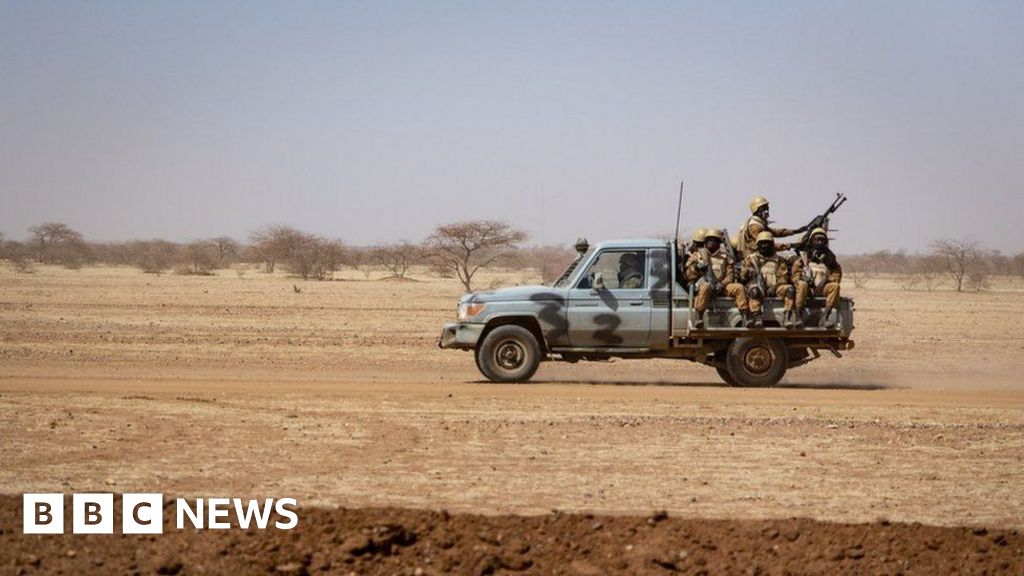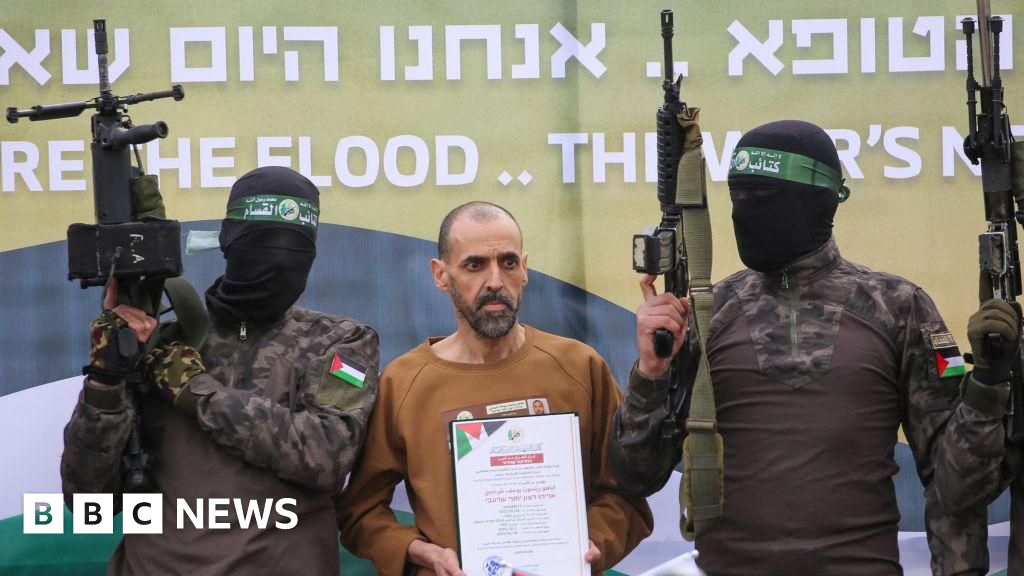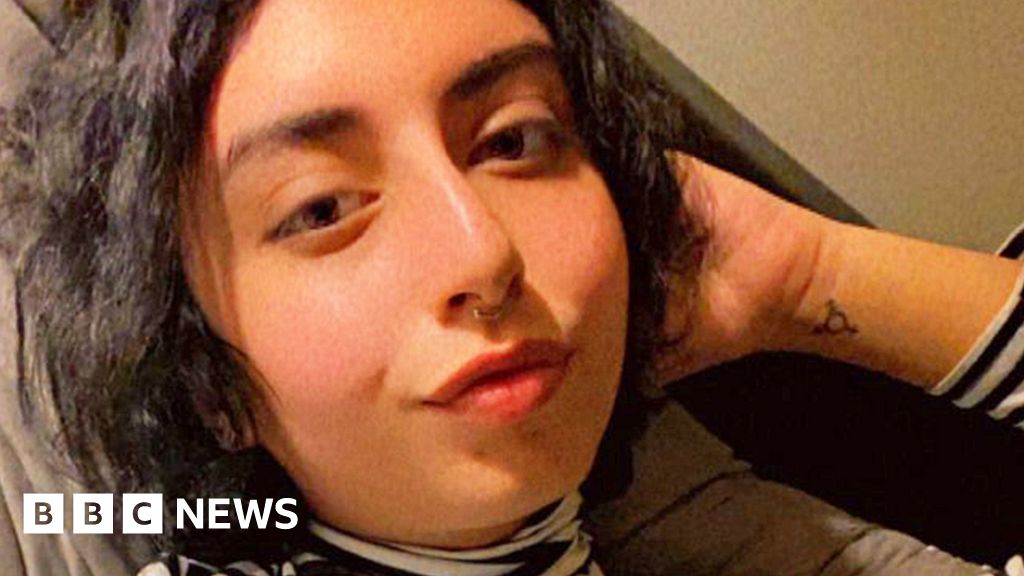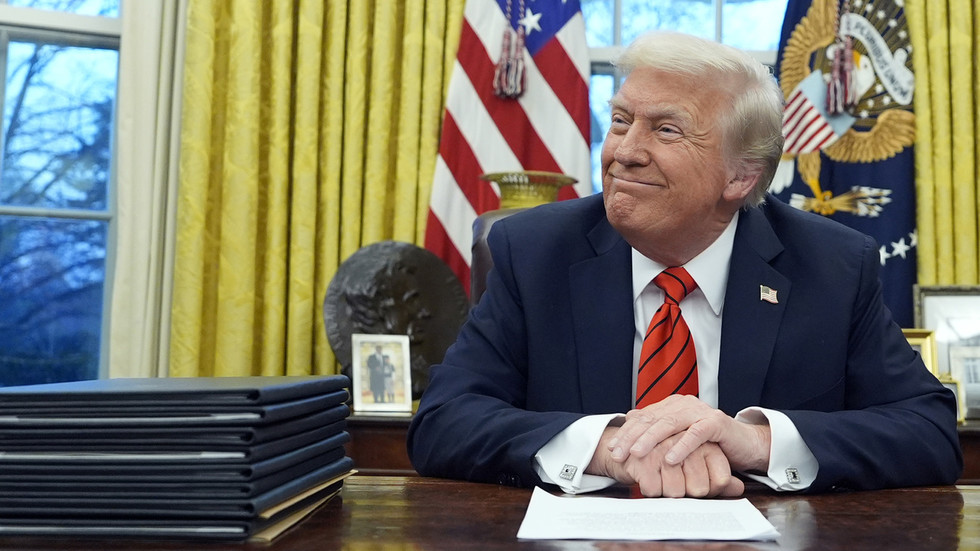 Flashback to 2020 protests against a rigged election. Credit: Andrew Keymaster/Unsplash
Flashback to 2020 protests against a rigged election. Credit: Andrew Keymaster/UnsplashFeb 10 (IPS) - In the months leading up to presidential elections at the end of January, Belarus’s authoritarian leader Alexander Lukashenko ordered the release of hundreds of political prisoners. Some observers saw this as a sign that the man who had led the former Soviet state for the last three decades could be planning a relaxation of his regime’s brutal repressions in return for a lessening of Western sanctions.
But having secured an inevitable further term in office, human rights groups and Belarussians who have survived persecution under his regime say they see no signs he is preparing to loosen his iron grip on the state.
“If we have learned anything from the last four years, it is that repression in Belarus is not lessening, despite the fact that Lukashenko has everything under his power. There are no protests, people have been forced into exile, there are no legal ways for rights groups to do their work, yet the repression continues,” Anastasiia Kruope, Assistant Researcher, Europe and Central Asia, at Human Rights Watch (HRW), told IPS.
In August 2020, hundreds of thousands of people took to the streets in Belarus to protest against what they saw as the rigged result of an election which had just returned Lukashenko, who has ruled the country since 1994, to power.
Security forces launched a violent crackdown on those involved. Over the next six months, tens of thousands were detained and at least 11 people were killed.
Although the protests eventually stopped, repression has continued, with any form of dissent severely punished. There have been mass arrests, imprisonment, and torture for those deemed to be opposing the regime, while secret police and party loyalists have been installed in institutions as official ideological gatekeepers to ensure people toe the government line.
Independent media has been muzzled—almost 400 journalists have been arrested in the last four years—and much of the NGO sector has been effectively shuttered through repressive legislation on foreign funding and authorities’ misuse of anti-terror and anti-extremism laws. The closures of these groups have impacted everything from human rights work to vital healthcare services.
But while the wider international community largely sees Belarus as a pariah state—Lukashenko has the explicit political support of Moscow, and China maintains close ties with the country—and the West has imposed sanctions on individuals in Belarus, there has been no let-up in government efforts to bring the population to heel.
However, the slew of releases of political prisoners, which began last summer and went right up to the elections, had prompted speculation that Lukashenko may be looking to repair relations with the West, especially as the conflict in Ukraine—Lukashenko has backed Russia and allowed Moscow to use Belarus to launch assaults on Ukraine—appears to be heading towards some kind of, at least temporary, end, and he looks to extract his country from ever-increasing dependence on Moscow.
But people who live in Belarus, and some who have fled into exile, told IPS they are not expecting the pervasive climate of fear that Lukashenko has spread to cement his control in the country to lift any time soon.
“Usually the human rights situation in Belarus after elections becomes calmer, with less arrests. But it doesn't look that way this time. We are still getting information about repressions,” Natallia Satsunkevich, a human rights defender with the Belarussian NGO Viasna, told IPS.
She said Lukashenko could even decide to intensify his crackdown on opponents of his regime.
“Of course , the repressive machine is huge and works fast. Police are still looking for and arresting people that participated in protests in 2020,” Satsunkevich said.
Others who have suffered under Lukashenko agree.
“Any expectations that the repression will ease are just wishful thinking,” Lidziya Tarasenka, co-founder of The Belarussian Medical Solidarity Foundation (Bymedsol), which operates outside Belarus helping doctors who have left the country, told IPS.
Tarasenka, who worked in healthcare in the capital, Minsk, before fleeing the country after the 2020 protests, said she saw no sign that repression in Belarus was easing off.
“First of all, the number of political prisoners that have been released is less than the number of those newly imprisoned. The government has learned their lessons and is trying to make new prosecutions as unnoticeable as possible, but the process is in full swing. Secondly, there is a whole army of different police/secret services and so on, their number is growing and they have to be doing something. cannot be stopped that easily,” she said.
Some Belarussians who spoke to IPS gave some insight into the regime’s persecutions.
Sviatlana (NOT REAL NAME) fled Belarus last year after she feared she was about to be arrested. Her work in healthcare had brought her into contact with former political prisoners, some of whom had been tortured in prison, and she had given some money for treatment to help their recovery. She managed to escape, but she fears now that her former colleagues will be targeted by the security services simply for having worked with her.
“I’m expecting there will be repressions against the staff and management at my work now,” she told IPS.
Kruope added that while Belarussians not actively opposing the regime could try to adopt a “keep your head down and don’t make any trouble” approach to ensuring they avoid any repressions, even that carried no guarantees.
“One thing people have to watch out for is that you never know what might suddenly become a problem. You may have, in the past, liked a social media comment or followed someone, not even for their political views, or simply followed a media outlet that is then declared a terrorist group or something, and now find yourself in trouble. It is difficult to know what activity might suddenly become a criminal offense,” she said.
So far, it is unclear what Lukashenko may be planning as he begins his latest term in office. But the initial signs suggest he is not planning any kind of rapprochement with the West in the immediate future.
In a press conference immediately after his election win and as western leaders threatened more sanctions and dismissed the elections as a “sham,” he pointedly said, “I don’t give a damn about the West.”
However, even if repressions continue, rights defenders have not given up hope that things will improve in the future.
“I personally believe that one day Belarussians will live in a free and democratic country,” said Satsunkevich. IPS UN Bureau Report
Follow @IPSNewsUNBureau
Follow IPS News UN Bureau on Instagram
© Inter Press Service (2025) — All Rights ReservedOriginal source: Inter Press Service

 10 hours ago
4
10 hours ago
4









